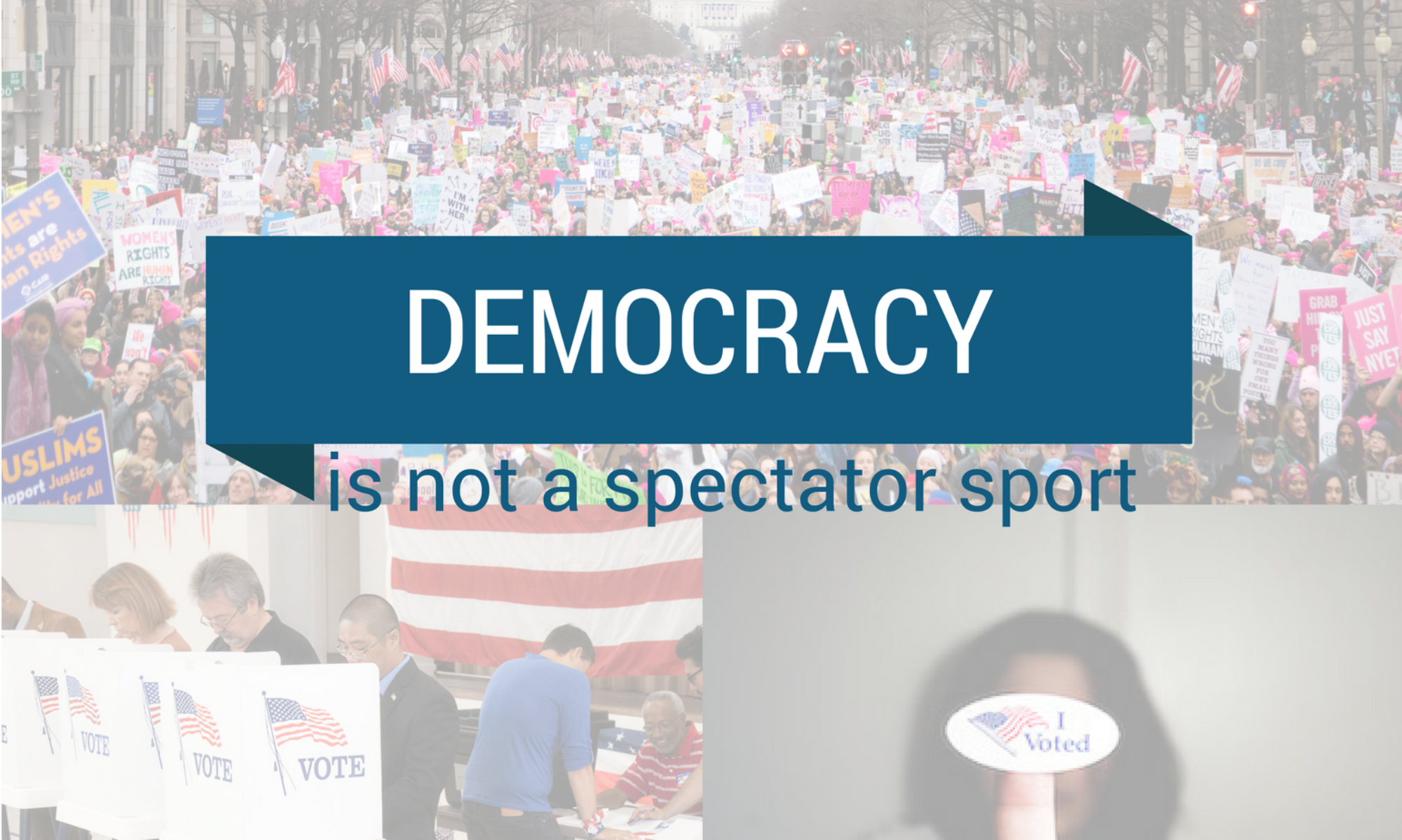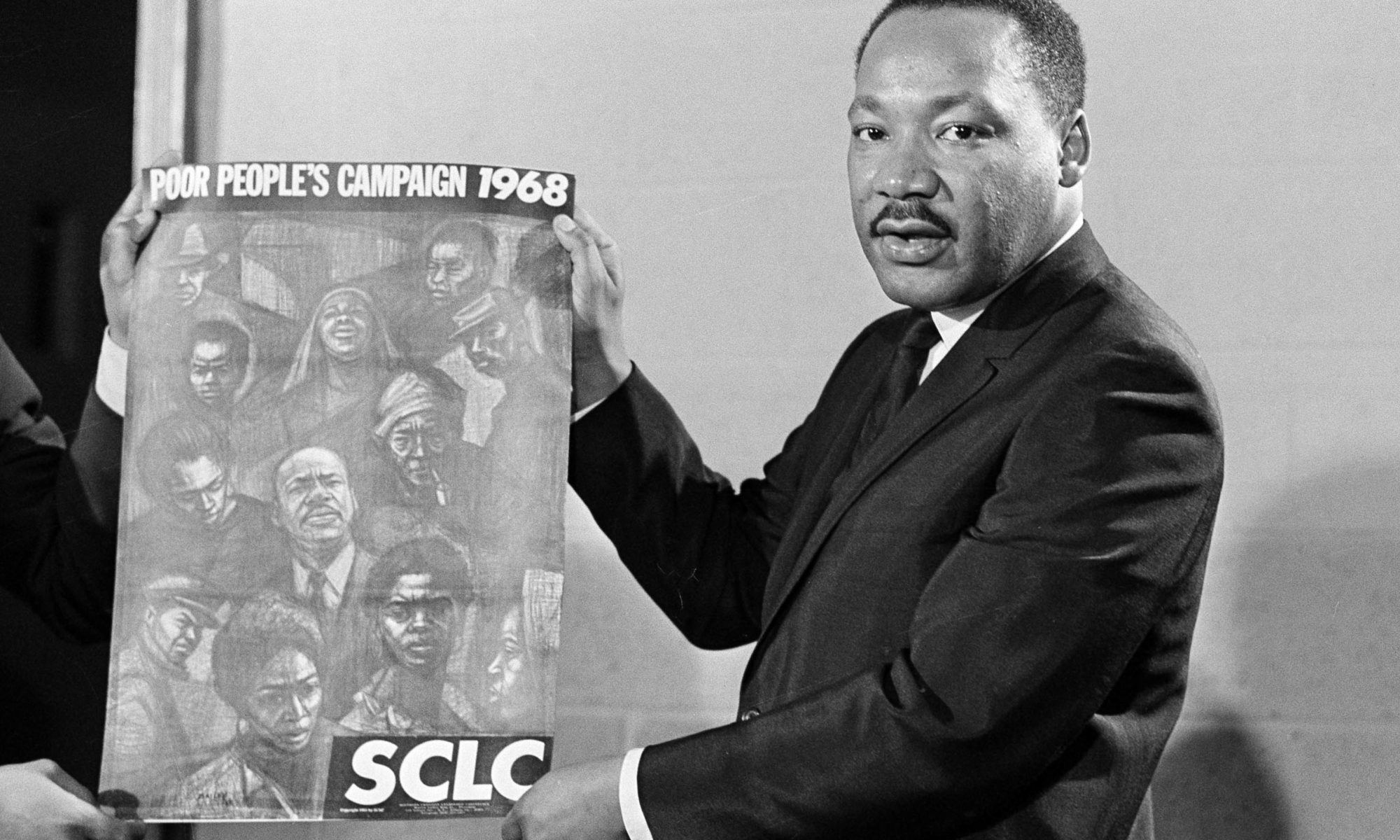On Martin Luther King’s Day we might make the mistake that today is a day where we simply remember a courageous hero of humanity but if anything, this is a day where we must reflect and act. Dr King was, as he himself said, on the shoulders of hundreds of years of resistance and thousands of people who made sacrifices, who did small acts daily — or even once in their lifetime — that resulted in a societal shift. People who had families, who were sole income providers, who didn’t have the mental or emotional or economic reality or sometimes, even the interest, to be a part of the Civil Rights Movement yet still did so by merely living their life with inclusion and justice. Justice isn’t simply in a court, it is how you act towards your fellow human beings daily.
I just saw “Hidden Figures” with my daughter and learned three things. One, those women were heroes as much as anyone but so were their parents and spouses and bosses who chose not to live as society demanded, either as part of patriarchy (at that time when women weren’t working much) or as part of the white male class. True, they didn’t have the same repercussions for going against the grain but without them — the boss, the judge, the husband, the boyfriend, the parents — there would have been no forward movement.
Two, there is a long way to go. I live in the Bay Area and my spouse works in the heart of Silicon Valley. I still rarely see African Americans. If STEM is to work, we have to start in the area where I focus: early childhood. If children don’t have access to the education and school books and resources, they cannot hope to compete in high school or for college to become scientists or engineers. We can’t just have programs that start at the intern level. It’s too late by that time.
Three, in order for the above to happen, we must focus on economic progress. Anyone who lives in a city and takes its public transportation as I did for 20+ years knows which stops has which demographics sadly, and it is almost always along economic lines as much as ethnicity lines. We have a long way to go. Dr King’s last campaign was the Poor People’s Campaign. He knew even before the term was coined about intersectionality. You cannot have racial or gender justice without economic justice, and the two must be advanced simultaneously.
Without economic stability and opportunity, there was little hope for African Americans to advance, indeed for anyone whether they be black, undocumented immigrants, or women. The degree of advancement an individual can achieve of course has to do with systemic bias as much as anything. After all, if the legal system and law enforcement are against you at every step, there is little hope for recourse. In “Hidden Figures,” had the judge not granted Mary Jackson the right to attend an all-white school — granted, it was only at night — but if he had not allowed that, no amount of courage on her part as an individual would have sufficed.
Together with eradicating systemic obstacles, in order for change to come to areas like Silicon Valley, there must be more resources devoted to education, job training, child care (so parents can get to the schools and jobs they need to advance), and economic initiatives. It must all happen together as we work on all fronts, and on the fronts where we can — promote whom we can, give where we can, lend a fellow parental hand where we can.
As neighbors, co-workers, supervisors, friends, acquaintances, we can all do our part. A movement is not just a protest or march. It is the thousands of daily acts that reinforce the changes we seek towards greater societal equality.
Although just this year I began formally working in policy and legislation, I’ve worked in social justice my entire adult life. I keep Dr. King’s quote in my home and on my Facebook profile page as a reminder in my work in public policy as well as in my life that it doesn’t take much but it does take participation. Listen and engage. How will you engage?


